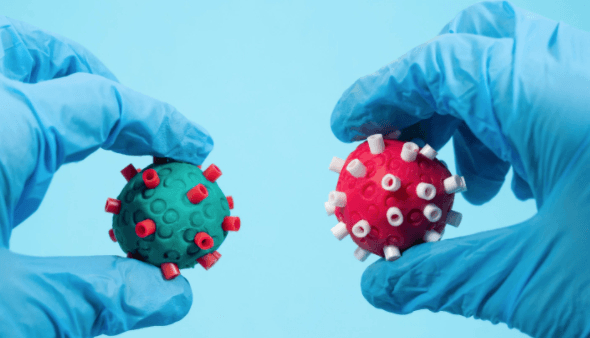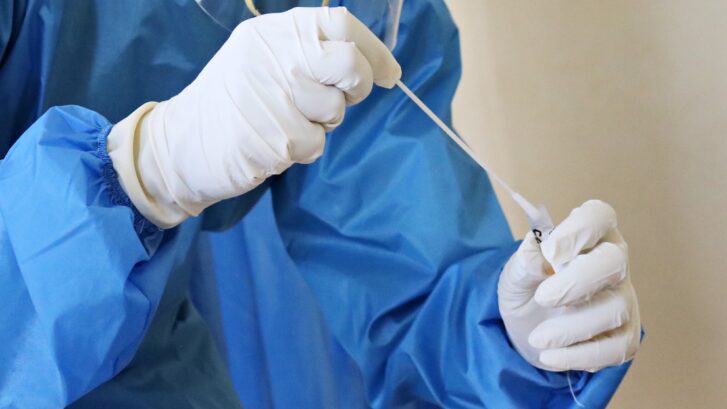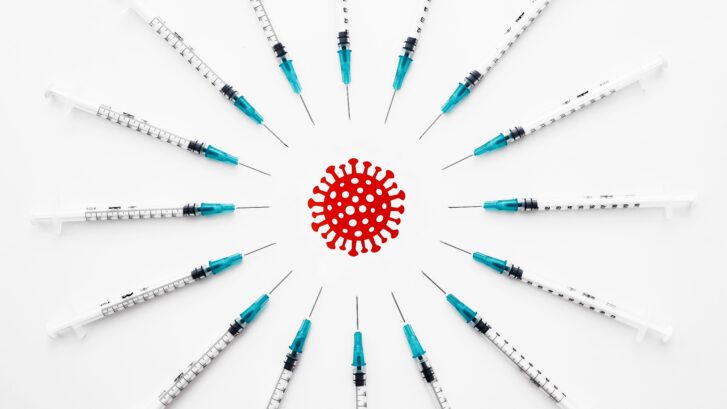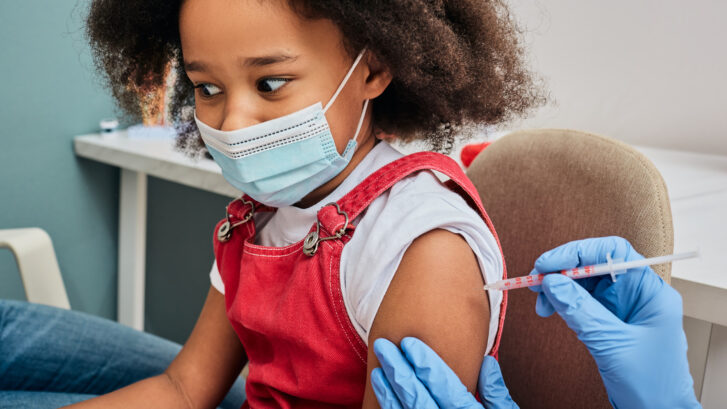There’s still much we don’t know about the new COVID-19 omicron variant. The SARS-CoV-2 coronavirus was first detected just over a month ago. Our concierge primary care doctors at MD 2.0 in Jupiter have gotten questions from so many of our patients. We wanted to bring you up to date on what we know at the moment.
Health officials are conducting laboratory tests and reviewing real-world data as the variant spreads. However, it will be several weeks before we know precisely what we’re dealing with. There are some early indications, however, that can allow us to make a few assumptions.
How different is omicron?
The new variant originally caught the world’s attention in South Africa. Researchers there detected as many as 30 mutations on the shell of the coronavirus.
In the intervening weeks, we’ve learned that omicron is highly contagious, even more so than delta. While delta’s transmissibility has been compared to that of chicken pox, omicron has been spreading much more rapidly.
The World Health Organization (WHO) released an update in mid-December. It noted the omicron variant is spreading faster than any previously detected strain of the coronavirus.
More benign?
There’s some possible good news. So far as real-world data have been able to determine, the omicron variant appears to trigger slightly less severe cases than delta. This information is very preliminary and is based on a study in South Africa where the infection and vaccination rates differ from that in the U.S.
Another small study this month by the CDC examined 43 people infected with the omicron variant. Three-quarters of the group received vaccinations, and a third of those also had booster shots. One person from the group was hospitalized for two days. The rest experienced cough, fatigue, congestion, or a runny nose.
While noting the report was “encouraging,” John Moore, a professor of microbiology and immunology at the Weill Cornell Medical College, told NBC News that, “We’re not out of the woods yet.”
“Only four cases [in the study] were aged over 65, while 29 were under 40. Young people generally have milder infections, whatever the variant,” he added. “So we don’t yet know what omicron might do in much older and more vulnerable populations.”
The variant is not benign, however. In the middle of the month, Britain reported its first death from the omicron variant. Since then, reports of possible omicron-related deaths grew.
Omicron now surpassed delta as the dominant variant due its rapid spread.
What about the vaccines?
The question of vaccine effectiveness against omicron is a case of good news/bad news, or perhaps vice versa. The bad news, according to the South African study, the two-dose Pfizer-BioNTech vaccine’s effectiveness at preventing illness dropped from around 93 percent to about 30 percent against the omicron variant. It still provided about 70 percent protection against hospitalization, though.
The good news is, the study found that the vaccine still offers as much as 70 percent effectiveness against hospitalization with any current variant of COVID-19, including omicron. Boosters increase this protection.
Dr. Anthony Fauci, director of the National Institute of Allergy and Infectious Diseases, said recently that boosters will be enough protection against the omicron variant. He didn’t see a need for a new vaccine specifically designed to fight omicron.
“Our booster vaccine regimens work against omicron,” he said at a White House coronavirus briefing. “At this point, there is no need for a variant-specific booster.”
Vaccines necessary
At the same time, he warned those unvaccinated are still at high risk of contracting COVID-19. This includes the delta and omicron variant.
“If you are unvaccinated, you are very vulnerable—not only to the existing delta surge we are experiencing, but also to omicron,” he said.
Vaccines continue to offer the best protection against severe illness and death against any variant of the coronavirus, including omicron.
“[Omicron] may be a more mild variant but we just don’t know yet. It’s too soon,” Dr. Isaac Bogoch, an infectious disease specialist at the University of Toronto, told NBC News. For now, “if you’re vaccinated, chances are you’re going to have a milder course,” he added.
Do we still need masks?
One question we often get from our patients is whether they need to keep wearing masks once they’ve been vaccinated.
Here’s what the CDC says: “If you are fully vaccinated, to maximize protection and prevent possibly spreading COVID-19 to others, wear a mask indoors in public if you are in an area of substantial or high transmission.”
We would add that it’s also a good idea to wear one if you are indoors in a public place where you’re not sure how many there have been vaccinated, especially if few others are wearing masks. Until we know more about the omicron variant, wearing a mask for now offers added protection against breakthrough cases.










